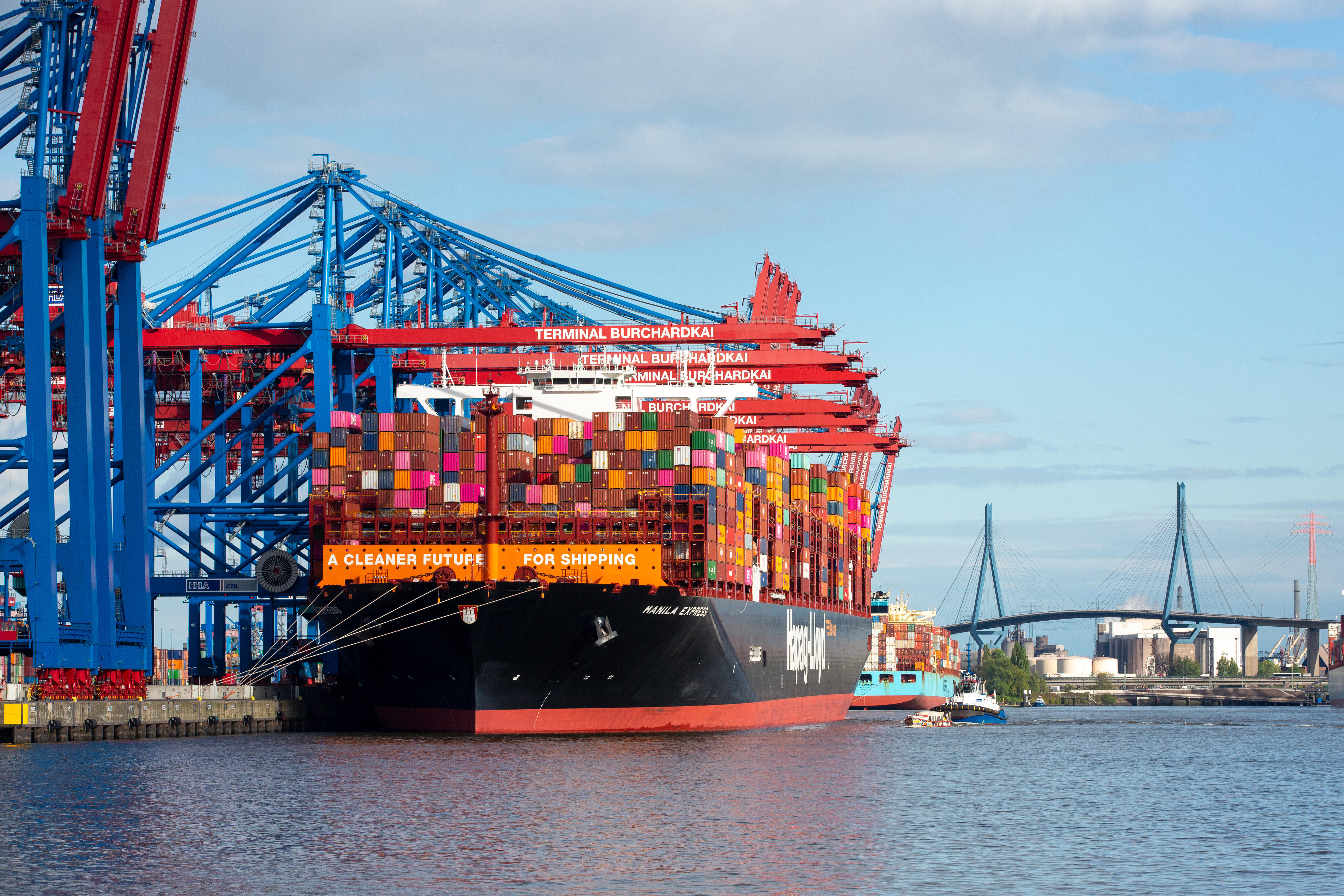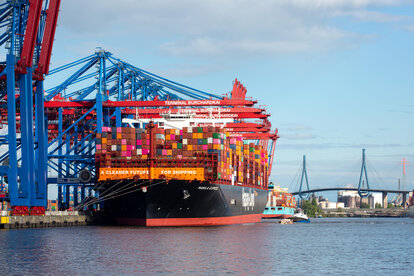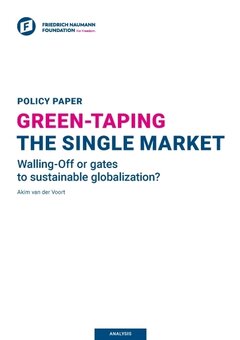Green Tape
Building walls with good intentions – EU trade and sustainability


The EU decided to take on a stronger role in the fight against climate change and for sustainability. According to its 2021 strategy, “EU trade policy should use all the tools at its disposal to support social fairness and environmental sustainability”. Following this, it is no surprise that this week the European Parliament passed not only the European Supply Chain Act, but also the import ban on products from forced labour. These measures are the final pieces of the puzzle in a series of European Union sustainability initiatives, complemented by the Conflict Minerals Regulation and the Deforestation Regulation to the Carbon Border Adjustment Mechanism.
All these measures aim at making globalization “more sustainable and fairer” through market barriers. However, there is an evident lack of international cooperation nor any direct involvement of trading partners. This is why the Friedrich Naumann Foundation for Freedom has produced a study to classify summarize these initiatives and outline their effects. The study shows that in the past, the EU tried to promote its ideas of sustainability with partners through tariff preferences and free trade agreements. Third countries had an incentive to comply with certain regulations, as compliance enabled cheaper exports to the EU and with lower trade barriers.
Only few countries were willing to follow the EU’s trade and sustainability regime, so the EU has resorted to using its market as a means to deny countries and products access if they do not comply with European perceptions of sustainability. This is not only a departure from decades of policy, but could also potentially be in conflict with the World Trade Organization (WTO). However, the WTO currently has no mechanism fend off protectionist intentions, as the appellate body has been unable to issue rulings since 2019.
Based on the term “red tape”, the study summarizes unilateral EU measures to enforce sustainability as “green tape”, as they introduce bureaucratic requirements and are therefore likely to significantly increase the documentation and due diligence requirements for companies.
Given the important role that EU companies play in developing countries by creating better-paid jobs and promoting better working conditions, green tape could restrict access to key raw materials and give companies an economic incentive to move supply chains back to Europe. Withdrawing from some markets might also make certain countries more vulnerable to takeover by, for example, American or Chinese companies without equally strict environmental and human rights obligations.
However, green tape also has the potential to establish sustainable business practices and closer supplier relationships and to promote long-term thinking over short-term profits. If multinational companies put climate and ESG goals on their agenda, these issues will become even more integrated into policy and thus contribute to greater responsibility in the EU and abroad. Likewise, the adaptation of existing European investments and production facilities could lead to a rapid improvement in the situation for workers and the environment in many countries.
The study shows that the EU wants to act more confidently in order to assert its values internationally. It is committed to a rules-based world order and sees itself as an advocate of standards that promote global well-being. In doing so, it wants to differentiate itself from other players, such as China and the USA, whose foreign policy is perceived as self-serving. Meanwhile, relocation of the EU’s industry through green tape might be a welcomed side-effect. Using sustainability as a veil to disguise its geopolitical intention, the EU may overlook the possibility that eventually it could become indistinguishable from the others. In doing so, each new regulation acts as another brick in the wall of its own isolation.
You can find an initial presentation of the study as part of an online dialogue of the Friedrich-Naumann-Foundation for Freedom office in Baden-Württemberg under the following link. The presentation is followed by a discussion of the paper with Carl-Julius Cronenberg MdB, spokesperson for SMEs and free trade for the FDP parliamentary group in the German Bundestag, Prof. Dr. Galina Kolev-Schäfer, Professor of Economics at Cologne University of Applied Sciences, and Dr. Melanie Müller, Head of the “International Raw Materials Cooperation” research project at the German Institute for International and Security Affairs (SWP).

